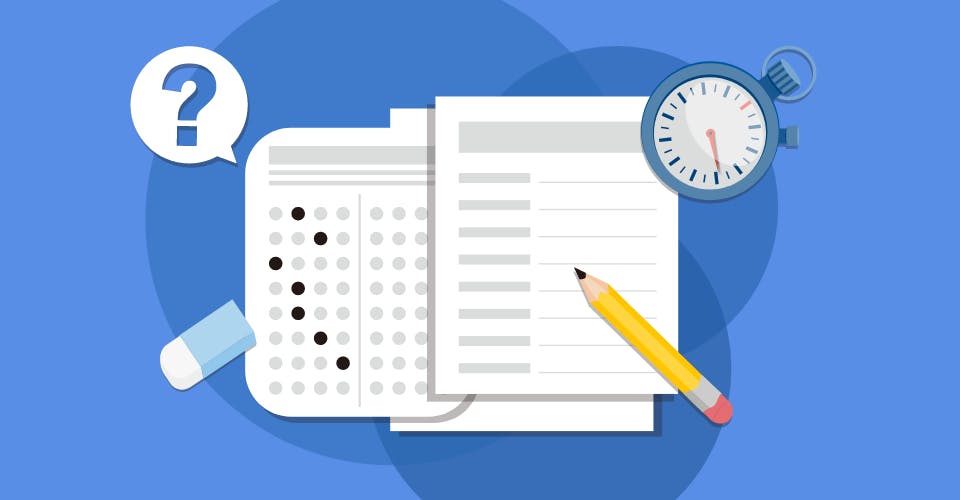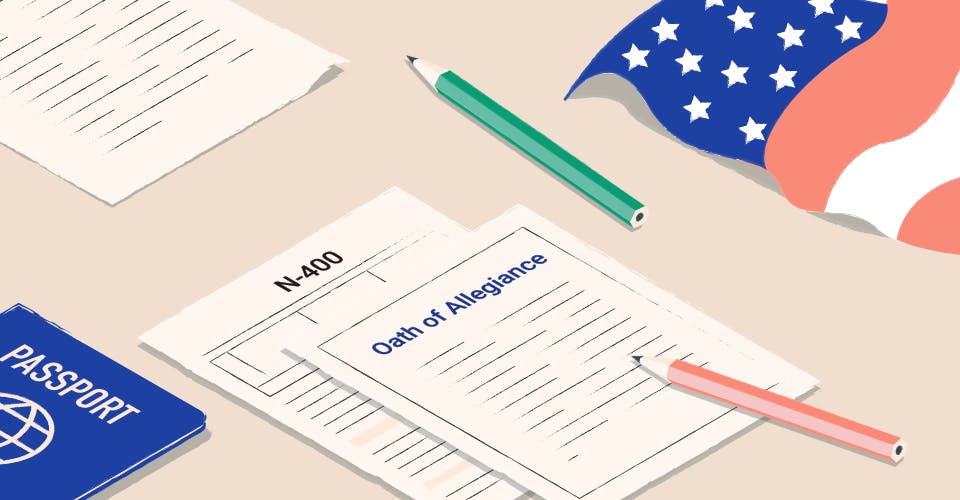In order to pass the U.S. Citizenship Test, an applicant will be asked up to 10 questions from the list of 100 questions. The applicant must answer correctly at least six of the 10 questions to pass the civics test. One of the advantages an applicant has when taking the naturalization test is that the 100 questions are actually already available. Simply go to my.uscis.gov/prep/test/civics and take a free practice test.
Here are some of the key thematic areas that applicants should be concerned with as they study for the citizenship test:
- Be familiar with state capitals. Although it may seem unfair to be asked the state capital of Colorado, for example, the questions included vary by theme, and geography is a key theme for the U.S. citizenship test. This includes questions about territories of the U.S. such as Puerto Rico and Guam.
- Be familiar with how the United States government functions. There are many questions that ask a question pertaining to the Senate, House of Representatives, and what powers the President of the United States has. Try to do research on the powers of the state and understand key terms when it comes to this theme. One difficult question that applicants often have trouble answering is who becomes the President of the United States when both the President and Vice President are unable to serve? Answer: The Speaker of the House.
- Be familiar with the history of Presidents and key American leaders who have fought for justice when it comes to civil rights and women’s suffrage. For example, several questions pertaining to key historical events that have shaped American history.
- Be familiar with how the draft and military works. There is currently no draft as it was abolished after 1973. Even though this is a random question it is still considered part of “civic” history.
- Be familiar with the concepts of freedom and rights.
It’s a great idea for individuals who are preparing for the U.S. Citizenship exam to think about these issues and also be able to quickly recall who is currently holding a key office in Washington D.C. Sometimes applicants will receive questions that are not conceptual, but simply ask one to identify who is currently the Vice President, for example.
Recent Criticisms of the Test
One problem with the citizenship as mentioned is that some of the mental recall questions that are of a more random nature and don’t pertain to understanding democratic principles have been called unfair by critics and scholars alike. There is actually debate currently about a new citizenship test that gets rid of questions that are simply about recall and will instead, for example, ask applicants to, “talk about what two photographs show and write a description of another.”
Such a process might be more fair, but also take much longer to grade and fairly assess, given that multiple choice answers are either right or wrong, whereas written answers can be more subjective and harder to assess.
English Reading Section
In addition to the Civics Test, applicants will also have to show their proficiency in the English language portion. For this part, applicants are asked to read aloud one out of three sentences correctly to demonstrate their ability to read English. On the USCIS website there is a Reading Test Vocabulary List that can be easily accessed to help applicants prepare.
In addition, applicants are also asked to write one of three sentences correctly (meaning with the correct grammar and punctuation), to demonstrate an ability to write clearly in English. Although there are plenty of resources online, a better idea for the writing portion is to practice with a friend writing what they say. Doing this on a daily or weekly basis will help applicants develop an understanding for how to interpret spoken word into written statements.














